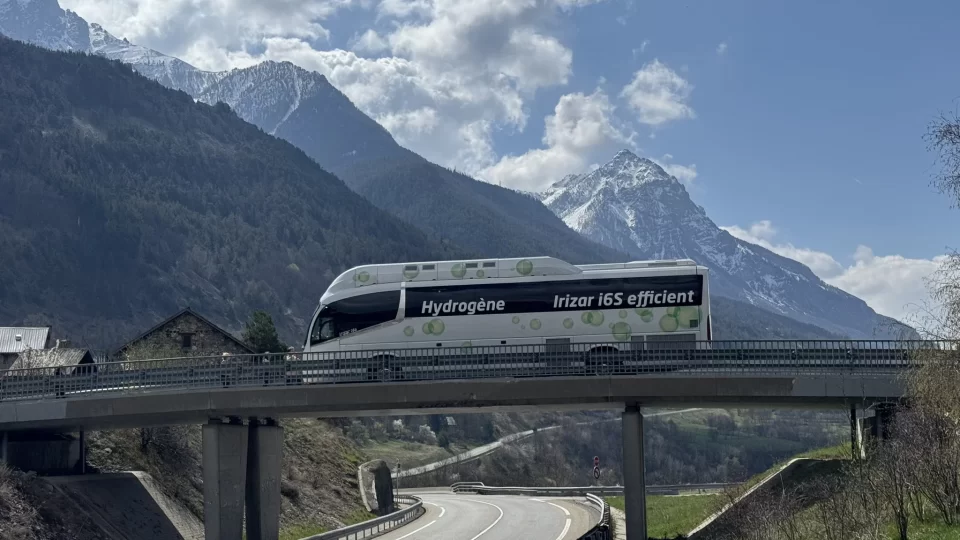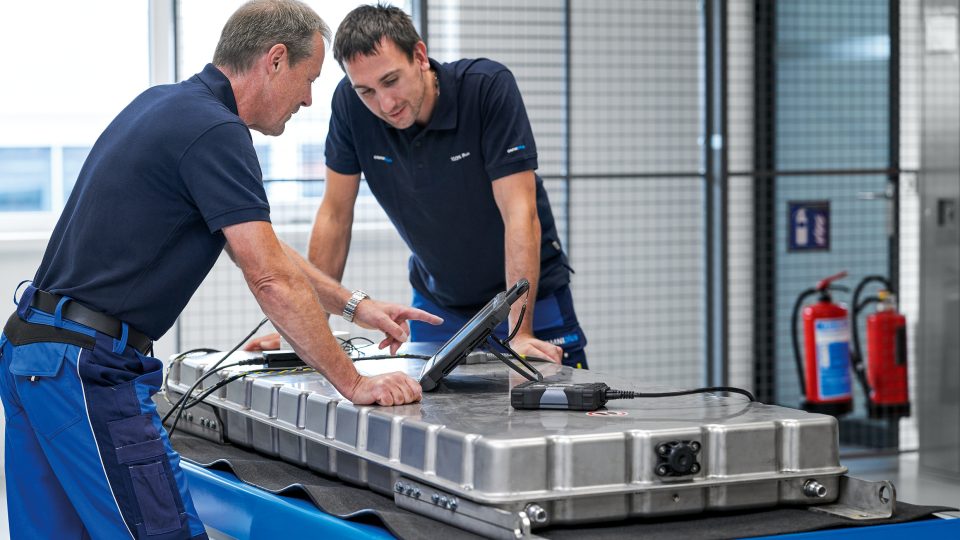Cummins launches testing of IC engine fueled with hydrogen
Cummins has began testing a hydrogen-fueled internal combustion engine. Following the proof-of-concept testing, the company plans to evaluate the engine in a variety of on- and off-highway applications, supporting the company’s efforts to accelerate the decarbonization of commercial vehicles. Cummins: internal combustion engine is not dead Hydrogen engines, Cummins says, «offer OEMs and end-users the […]

Cummins has began testing a hydrogen-fueled internal combustion engine. Following the proof-of-concept testing, the company plans to evaluate the engine in a variety of on- and off-highway applications, supporting the company’s efforts to accelerate the decarbonization of commercial vehicles.
Cummins: internal combustion engine is not dead
Hydrogen engines, Cummins says, «offer OEMs and end-users the benefit of adaptability by continuing to use familiar mechanical drivelines with vehicle and equipment integration mirroring that of current powertrains while continuing to provide the power and capability for meeting application needs. The hydrogen engines can use green hydrogen fuel, produced by Cummins-manufactured electrolyzers, emitting near zero CO2 emissions through the tailpipe and near zero levels of NOx. The projected investment in renewable hydrogen production globally will provide a growing opportunity for the deployment of hydrogen-powered fleets utilizing either Cummins fuel cell or engine power».
The high energy density of hydrogen enables easily integrated on-board gas storage without compromising either the vehicle payload or operating range, Cummins says. Cummins’ joint venture partnership with hydrogen storage specialist NPROXX adds the ability to integrate the fuel cell or hydrogen engine with the high-pressure gas cylinder tanks and supply lines on the vehicle. NPROXX is also a leading supplier of containerized storage vessels, enabling fast hydrogen refueling for end users.
Cummins: hydrogen-powered combustion engine
“Cummins is thrilled about the potential of the hydrogen engine to reduce emissions and provide power and performance for customers,” said Srikanth Padmanabhan, President of the Engine Segment. “We are using all new engine platforms equipped with the latest technologies to improve power density, reduce friction and improve thermal efficiency, allowing us to avoid the typical performance limitations and efficiency compromises associated with converting diesel or natural gas engines over to hydrogen fuel. We have made significant technological advancements and will continue moving forward. We are optimistic about bringing this solution to market.”
“The hydrogen engine program can potentially expand the technology options available to achieve a more sustainable transport sector, complementing our capabilities in hydrogen fuel cell, battery electric and renewable natural gas powertrains,” said Jonathon White, Vice-President of Engine Business Engineering.







